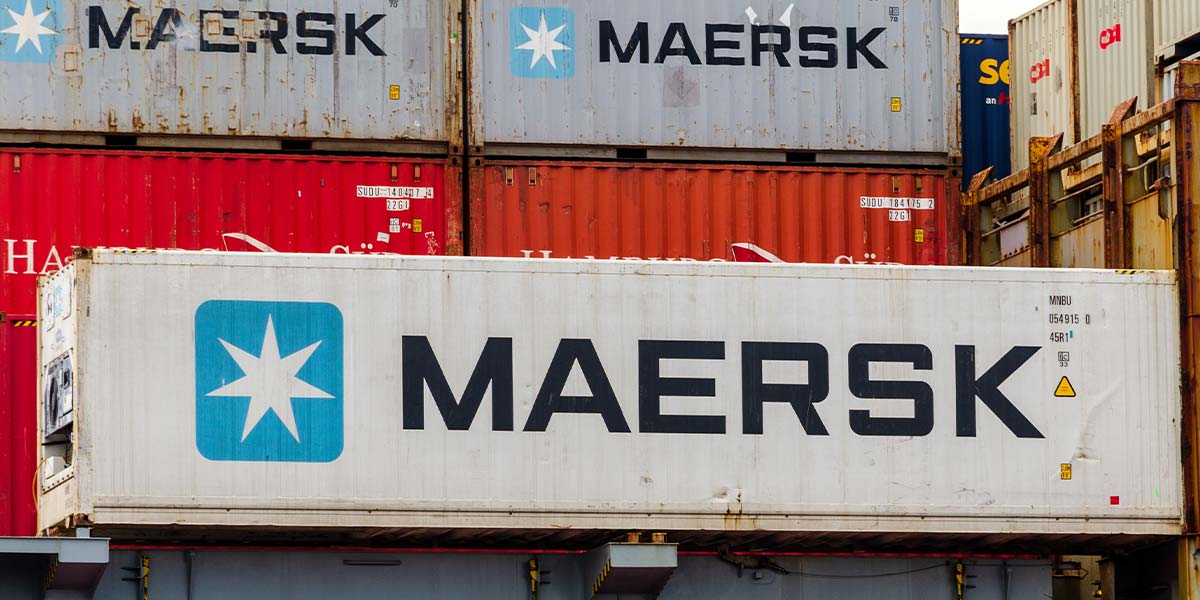On Thursday, Maersk, the famed Danish shipping behemoth, reported an unexpectedly robust operating profit for the first quarter, keeping its full-year forecast intact. However, the company, which has been viewed as a global barometer in trade, warned that global container volumes could drop this year due to trade war and geopolitical uncertainty.
Maersk announced preliminary underlying earnings before interest, taxes, depreciation, and amortization (EBITDA) amounting to $2.71 billion for the first quarter. This is a significant 70% rise compared to last year’s $1.59 billion and exceeds the $2.57 billion forecast by a consensus from analysts in an LSEG survey.
Despite the positive quarter, Maersk maintained its 2025 profit outlook within the range of $6 billion to $9 billion. The company mentioned that growth projections for global container market volumes had been adjusted to a range of -1% to 4% due to increasing macroeconomic and geopolitical uncertainties.
Challenges continue, including expected disruptions in the Red Sea throughout the year. The shipping industry faces turbulent times with a complicated tariff regime instigated by U.S. President Donald Trump’s administration, imposing a 145% import duty on Chinese products. In retaliation, China has implemented tariffs on U.S. goods.
Over its long-standing role in global supply chains, Maersk achieved a historic profit of $29.3 billion in 2022, driven by a pandemic-triggered spike in consumer demand and high freight rates. However, since then, revenue figures have normalized to pre-pandemic conditions. The company now encounters numerous difficulties, such as Red Sea vessel attacks by Houthi rebels, restrictions from the Panama Canal drought, American tariffs on Chinese merchandise, and worker strikes.
Maersk cautioned that ongoing geopolitical tensions and a potential global trade war could lead to a decrease in global container volumes this year.
Tariffs introduced by U.S. President Donald Trump have led various companies worldwide to lower their sales targets and caused major economies to adjust growth projections downward, thereby influencing maritime shipping demand.
Recognized as a key indicator of global trade activity, Maersk has revised its expectations for worldwide container volume to potentially decrease by 1% or increase by up to 4% this year. This contrasts with the previously anticipated 4% growth predicted earlier this year.



